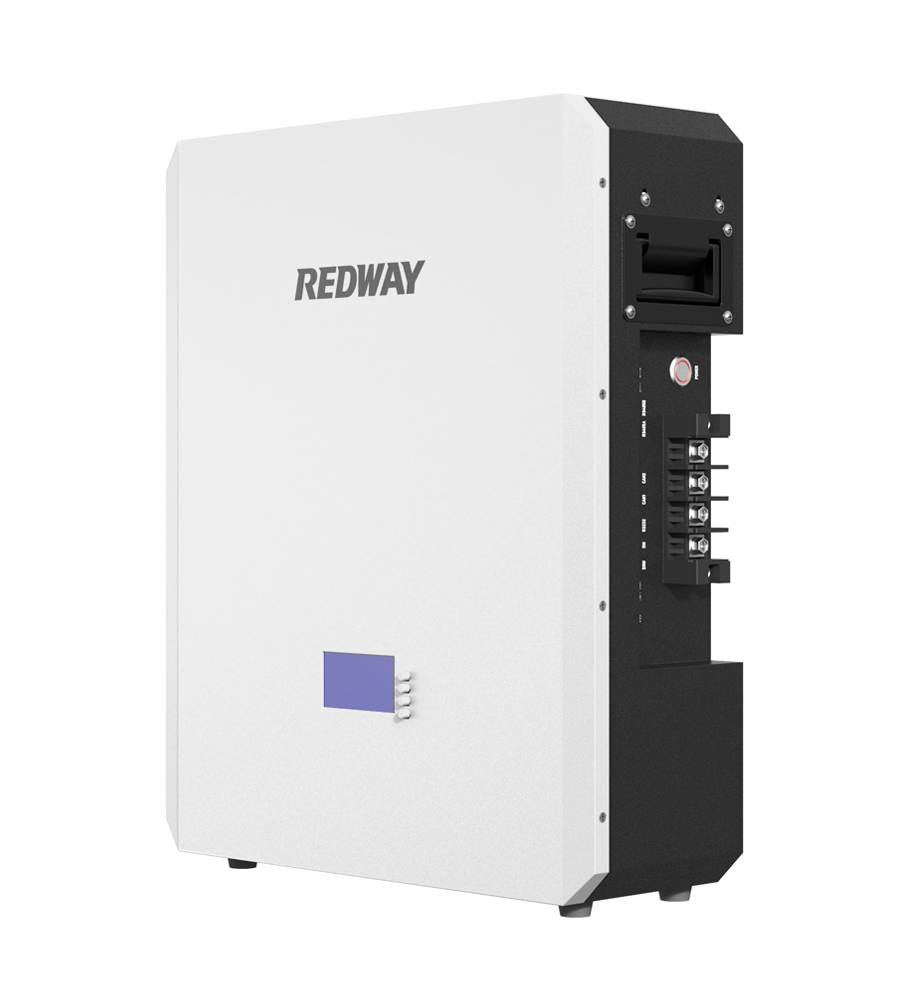Discover the benefits of solar energy and its role in providing renewable power. Solar energy is a clean and abundant resource that can be harnessed through various technologies. It is a sustainable and cost-effective solution for homes, businesses, and institutions. Learn about the resources required for solar energy and how it can contribute to a greener future.
Understanding Solar Energy and Its Resources
Solar energy is a renewable power source that can be harvested directly from the sun. It offers numerous benefits, including sustainability, cost-effectiveness, and environmental friendliness. To harness solar energy effectively, several components are required:
Solar Photovoltaic Cells
Solar photovoltaic cells are electrical devices that convert sunlight into electricity. They are the building blocks of solar panels and play a crucial role in capturing solar energy.
Batteries
Batteries are essential for storing excess solar energy generated during the day for use during non-sunlight hours. They ensure a continuous power supply and enable off-grid solar systems.
Extruded Aluminium Frame
The extruded aluminium frame provides structural support and protection for solar panels. It ensures durability and enhances the longevity of the solar panel system.
Solar Inverters
Solar inverters convert the direct current (DC) electricity generated by solar panels into alternating current (AC) electricity that can be used to power appliances and devices in homes and businesses.
Back-Sheet
The back-sheet is a protective layer on the back of solar panels that shields them from environmental factors such as moisture, dust, and UV radiation.
Junction Box, Diodes, and Connectors
The junction box contains diodes and connectors that facilitate the interconnection of solar panels, ensuring proper electrical flow and system efficiency.
Frequently Asked Questions (FAQs)
Q1: How does solar energy work?
A1: Solar energy is converted into electricity through the use of solar photovoltaic cells. These cells capture sunlight and convert it into direct current (DC) electricity, which is then converted into alternating current (AC) electricity by solar inverters for use in homes and businesses.
Q2: Can solar energy be used at night?
A2: Solar energy can be stored in batteries during the day and used at night or during periods of low sunlight. Batteries allow for a continuous power supply and enable off-grid solar systems.
Q3: How long do solar panels last?
A3: Solar panels typically have a lifespan of 25 to 30 years. With proper maintenance and care, they can continue to generate electricity efficiently throughout their lifespan.
Q4: Are there government incentives for installing solar panels?
A4: Many governments provide financial incentives such as tax credits or rebates to encourage the adoption of solar energy. These incentives can help offset the initial cost of installing solar panels and make them more affordable.
Q5: Is solar energy suitable for all locations?
A5: Solar energy can be harnessed nearly everywhere in the world as long as there is sunlight. However, the efficiency of solar panels may vary based on factors such as geographic location, weather conditions, and shading.



